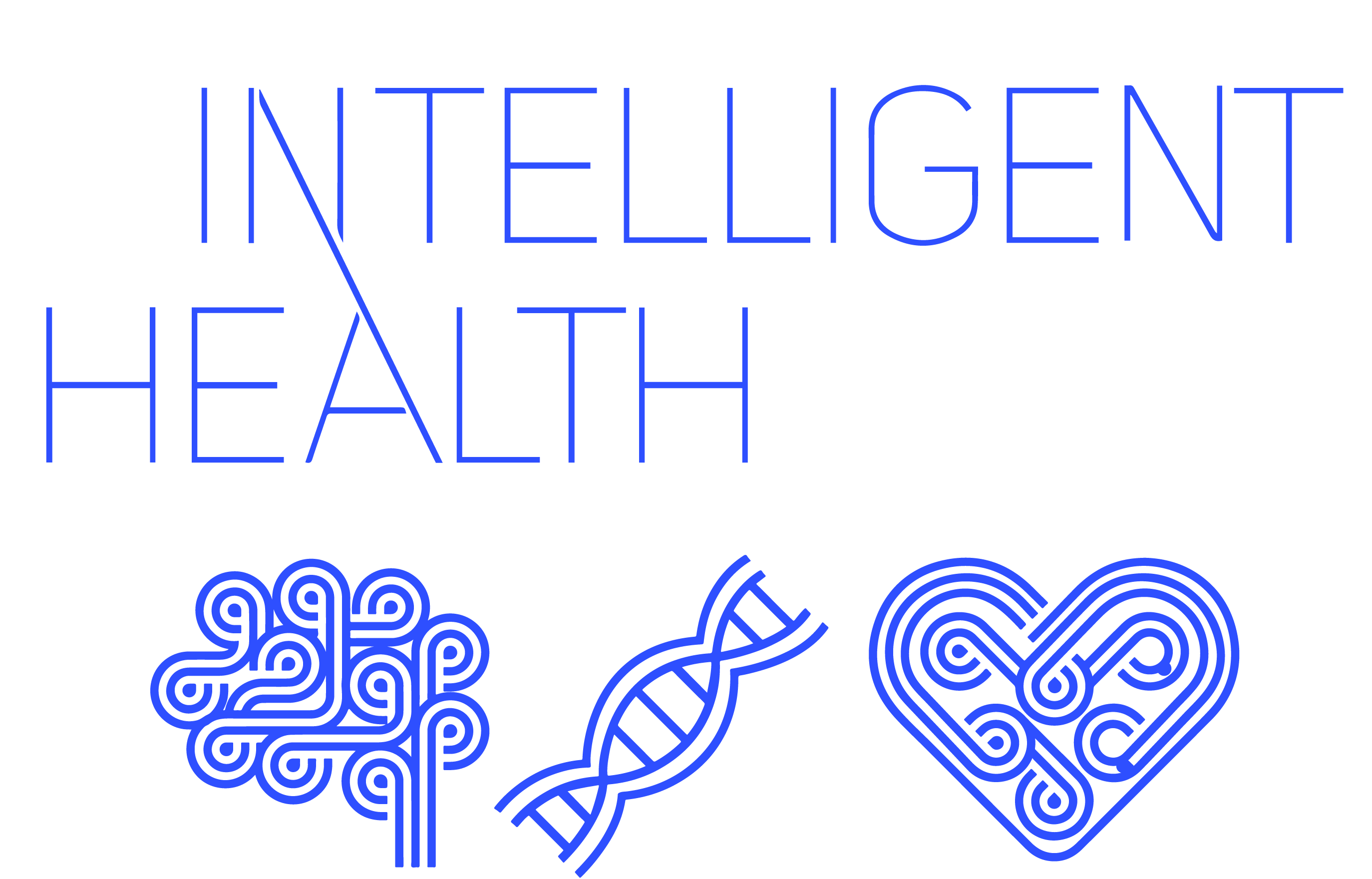John Nosta, President at Nostalab and Intelligent Health 2023 Headliner, took to Medium to talk about how healthcare, as a system is "on the brink" and "is frighteningly unsustainable."
John is currently ranked as the #1 global influencer in digital health and the future of health innovation. His focus is on guiding companies, NGOs, and governments through the dynamics of exponential change in the health / tech marketplaces. His voice is one that helps to define, dissect and deliberate global trends in digital health. He is also a member of the Google Health Advisory Board and a frequent and popular contributor to Fortune, Forbes, Psychology Today and Bloomberg.
"GPT Summary:
The global healthcare system is on the brink of a potential crash due to soaring diseases in a younger population, unsustainable healthcare costs, an aging population, a reactive approach to healthcare, fragmented care and inefficiencies, and the fee-for-service payment model. The healthcare system must adapt to the needs of an aging population, shift towards prevention and early detection, streamline healthcare delivery, and prioritize patient wellness over revenue generation to prevent a healthcare crisis with devastating consequences.
The world has witnessed numerous financial crashes over the years, each teaching us important lessons about the fragile nature of global economies. These crashes have often taken us by surprise, as very few saw the warning signs before it was too late. Today, however, we have another potential crash on the horizon — not in finance, but in healthcare.
The healthcare system itself is ill, following a precarious path with danger lurking in every corner. As mortality rates rise and costs spiral out of control, the system has become a reactive mechanism, waiting for illness before throwing money at the problem. This unsustainable approach is leading us towards a potential healthcare disaster, and it’s time to take a closer look at the risks we face.

Soaring Diseases—in a younger population.
The alarming growth of obesity, metabolic syndrome, and heart disease has become a major public health concern worldwide. Driven by factors such as sedentary lifestyles, unhealthy diets, and an over-reliance on processed and calorie-dense foods, obesity rates have surged, contributing to a rise in associated health conditions. Metabolic syndrome, a cluster of conditions including high blood pressure, elevated blood sugar, excess body fat around the waist, and abnormal cholesterol levels, has also seen a significant increase, putting a growing number of individuals at risk for developing chronic illnesses. Consequently, heart disease, already the leading cause of death globally, has continued to gain prevalence, with many cases directly linked to obesity and metabolic syndrome.
Soaring Healthcare Costs
The cost of healthcare is skyrocketing at an alarming rate. In many countries, healthcare expenditure is consuming an ever-larger share of the GDP, with both public and private spending on the rise. This trend is unsustainable, as it puts a strain on governments, insurers, and individuals, leaving many without access to adequate care.
As technology and treatments advance, the costs associated with them continue to climb—particularly at early stage technology. The development of new drugs and medical devices, while beneficial, often comes with hefty price tags. These costs are then passed on to the consumer, further exacerbating the issue of healthcare affordability.
An Aging Population
The world’s population is aging rapidly, placing increasing pressure on healthcare systems. As people live longer, they require more medical care, particularly for age-related chronic conditions. This leads to a higher demand for healthcare services, stretching resources thin and causing systems to buckle under the weight of this growing burden.
With the number of elderly individuals set to rise significantly in the coming years, healthcare systems must adapt to the needs of an aging population or risk becoming overwhelmed.
Reactive Approach to Healthcare
A major issue within the healthcare sector is its reactive nature, focusing primarily on treating illness rather than preventing it. This approach is costly and inefficient, as it results in the overuse of resources and the late detection of preventable conditions.
Preventive care, on the other hand, emphasizes early detection and intervention, reducing the burden on the healthcare system and improving patient outcomes. Shifting the focus towards prevention would help alleviate some of the pressure on the system, making it more sustainable in the long run. Further, the domain of very early detection—a powerful and life-saving tool—is aligned with advances in technology and AI.
Fragmented Care and Inefficiencies
Healthcare systems worldwide are often plagued by fragmentation and inefficiencies. With multiple providers and payers involved, care can be disjointed, leading to a lack of communication, misdiagnoses, and unnecessary treatments. These inefficiencies drive up costs and negatively impact patient outcomes. Addressing these issues and streamlining healthcare delivery would not only save resources but also improve the overall quality of care.
Fee for…what?
The fee-for-service payment model, which has long been the foundation of the healthcare system, has inadvertently locked many clinicians into a system that prioritizes revenue generation over patient wellness. Under this model, healthcare providers are compensated for each test, procedure, or consultation they perform, incentivizing a higher volume of services rather than focusing on the quality and effectiveness of care. This approach can lead to unnecessary treatments and tests, as well as the over-treatment of patients, all of which drive up healthcare costs without necessarily improving patient outcomes.
The system is in the ICU.
As the warning signs become more apparent, it’s clear that the healthcare system is on an unsustainable path. Addressing the challenges of soaring costs, an aging population, a reactive approach, and fragmented care is critical in preventing the collapse of the system. By making necessary changes and focusing on prevention, efficiency, and adaptability, we can create a more sustainable and effective healthcare system that is better prepared to face the challenges of the future. Failure to do so could result in a healthcare crisis with devastating consequences, impacting millions of lives worldwide.
Only 4 weeks to go until John takes the stage at Intelligent Health UK 2023.
Check out the full programme and speaker line-up and book your tickets before we sell out.
Global AI and health events calendar 2023
Intelligent Health UK
24-25 May 2023
Platinum Suite, ExCeL London, UK
Intelligent Health
13-14 September 2023
Basel, Switzerland
Share your content with the Intelligent Health community
Got some interesting content you want to share with our community of over 220,000 AI and health Brains? You can send us anything from a published piece you have written online, white paper, article or interview. Submit it here


